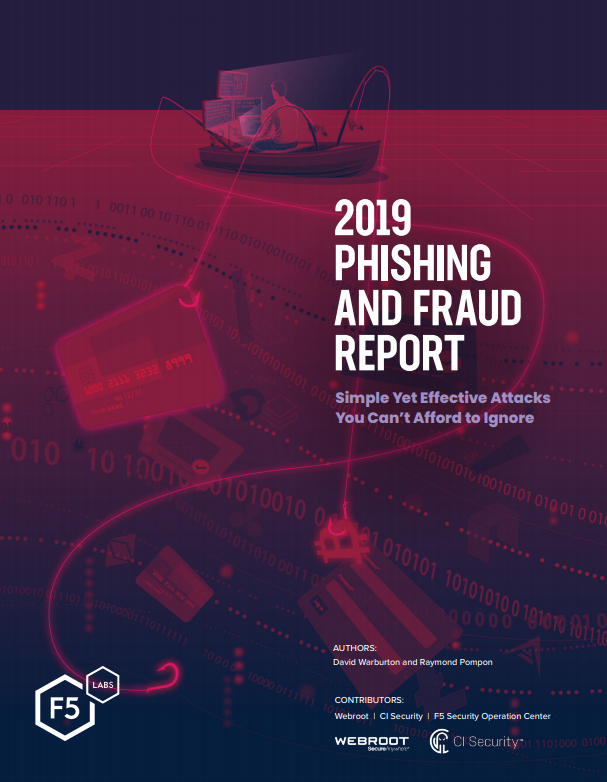121 million ransomware attacks recorded in the first half of 2020
Hackers said to be getting "sneakier" as they turn to fewer attacks that spread far more quickly


Ransomware cases around the world increased by 20% in the first half of 2020, according to a report.
Researchers from SonicWall Capture Labs recorded 121.2 million attacks up to July 2020, with 79.9 million of these in the US and 5.9 million in the UK.
The increased has partly been blamed on the sudden surge of employees working remotely, placing many outside company firewalls. Coronavirus-based phishing is said to have been the biggest fact, which has grown in usage since the start of the lockdown, peaking in April.
Overall, Malware attacks actually declined by 24% compared to 2019, dropping from 4.8 billion cases to 3.2 billion. However, the report suggests that although numbers are down, hackers have been "sneaky" by launching fewer attacks that are designed to spread at a faster rate. South Korea and China suffered the brunt of these attacks, with the UK and US just outside of the top ten, according to the report.
"Cyber criminals can be resourceful, often setting traps to take advantage of people's kindness during a natural disaster, panic throughout a crisis and trust in systems used in everyday life," said SonicWall CEO Bill Conner.
"This latest cyber threat data shows that cyber criminals continue to morph their tactics to sway the odds in their favour during uncertain times. With everyone more remote and mobile than ever before, businesses are highly exposed and the cyber criminal industry is very aware of that. It's imperative that organisations move away from makeshift or traditional security strategies and realise this new business normal is no longer new."
RELATED RESOURCE

The report also suggested that the number of cases involving malicious Microsoft Office files have exploded, increasing 176% in 2020, some 70,184 incidents in total, including a new Excel malware variant.
Get the ITPro daily newsletter
Sign up today and you will receive a free copy of our Future Focus 2025 report - the leading guidance on AI, cybersecurity and other IT challenges as per 700+ senior executives
While SonicWall research suggested overall malware attacks were down, specific attacks on content management systems (CMS) were up 60%, according to WP Manager, a WordPress management service, which recently discovered a leap in requests for malware removal and uncovered a surge in attempted hacking of CMS.
"It's actually shocking to note how instances of malware have increased this year," said Jason Correia, managing director of WP Manager. "For clients not on one of our site care plans, we have noticed a nearly 60% increase in the number of malware removal requests received this year – so far – which is a huge jump on 2019 figures. Generally, we have also noticed a 30% increase in the number of brute force attempts too (attempts to hack into the website)."
RELATED RESOURCE

IT Pro 20/20: A quantum leap for security
The sixth issue of IT Pro 20/20 looks at the state of cyber security in 2020 and beyond
Correia suggests the increase is likely due to the general growth and adoption of WordPress as a CMS, but does point to other factors. He cites the sheer number of WordPress plugins available for download as a potential vector, which offer more opportunities than ever for hackers to target and exploit vulnerabilities.
Bobby Hellard is ITPro's Reviews Editor and has worked on CloudPro and ChannelPro since 2018. In his time at ITPro, Bobby has covered stories for all the major technology companies, such as Apple, Microsoft, Amazon and Facebook, and regularly attends industry-leading events such as AWS Re:Invent and Google Cloud Next.
Bobby mainly covers hardware reviews, but you will also recognize him as the face of many of our video reviews of laptops and smartphones.
-
 Bigger salaries, more burnout: Is the CISO role in crisis?
Bigger salaries, more burnout: Is the CISO role in crisis?In-depth CISOs are more stressed than ever before – but why is this and what can be done?
By Kate O'Flaherty Published
-
 Cheap cyber crime kits can be bought on the dark web for less than $25
Cheap cyber crime kits can be bought on the dark web for less than $25News Research from NordVPN shows phishing kits are now widely available on the dark web and via messaging apps like Telegram, and are often selling for less than $25.
By Emma Woollacott Published
-
 ‘Phishing kits are a force multiplier': Cheap cyber crime kits can be bought on the dark web for less than $25 – and experts warn it’s lowering the barrier of entry for amateur hackers
‘Phishing kits are a force multiplier': Cheap cyber crime kits can be bought on the dark web for less than $25 – and experts warn it’s lowering the barrier of entry for amateur hackersNews Research from NordVPN shows phishing kits are now widely available on the dark web and via messaging apps like Telegram, and are often selling for less than $25.
By Emma Woollacott Published
-
 Healthcare systems are rife with exploits — and ransomware gangs have noticed
Healthcare systems are rife with exploits — and ransomware gangs have noticedNews Nearly nine-in-ten healthcare organizations have medical devices that are vulnerable to exploits, and ransomware groups are taking notice.
By Nicole Kobie Published
-
 Alleged LockBit developer extradited to the US
Alleged LockBit developer extradited to the USNews A Russian-Israeli man has been extradited to the US amid accusations of being a key LockBit ransomware developer.
By Emma Woollacott Published
-
 February was the worst month on record for ransomware attacks – and one threat group had a field day
February was the worst month on record for ransomware attacks – and one threat group had a field dayNews February 2025 was the worst month on record for the number of ransomware attacks, according to new research from Bitdefender.
By Emma Woollacott Published
-
 CISA issues warning over Medusa ransomware after 300 victims from critical sectors impacted
CISA issues warning over Medusa ransomware after 300 victims from critical sectors impactedNews The Medusa ransomware as a Service operation compromised twice as many organizations at the start of 2025 compared to 2024
By Solomon Klappholz Published
-
 Warning issued over prolific 'Ghost' ransomware group
Warning issued over prolific 'Ghost' ransomware groupNews The Ghost ransomware group is known to act fast and exploit vulnerabilities in public-facing appliances
By Solomon Klappholz Published
-
 The Zservers takedown is another big win for law enforcement
The Zservers takedown is another big win for law enforcementNews LockBit has been dealt another blow by law enforcement after Dutch police took 127 of its servers offline
By Solomon Klappholz Published
-
 There’s a new ransomware player on the scene: the ‘BlackLock’ group has become one of the most prolific operators in the cyber crime industry – and researchers warn it’s only going to get worse for potential victims
There’s a new ransomware player on the scene: the ‘BlackLock’ group has become one of the most prolific operators in the cyber crime industry – and researchers warn it’s only going to get worse for potential victimsNews Security experts have warned the BlackLock group could become the most active ransomware operator in 2025
By Solomon Klappholz Published